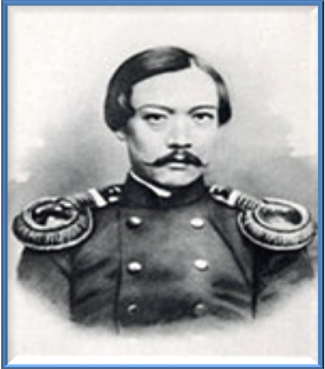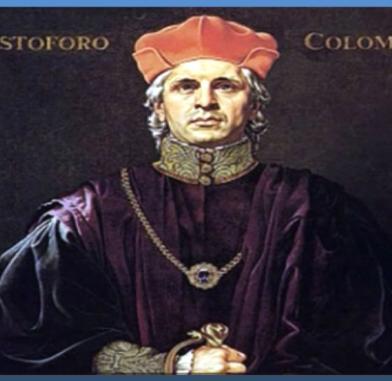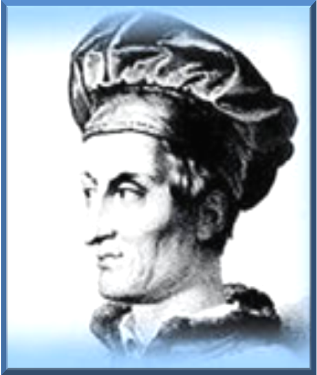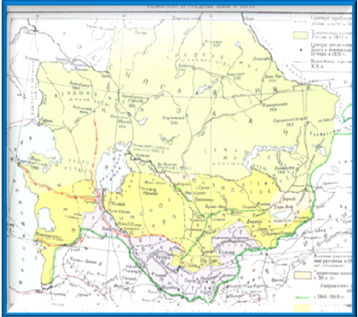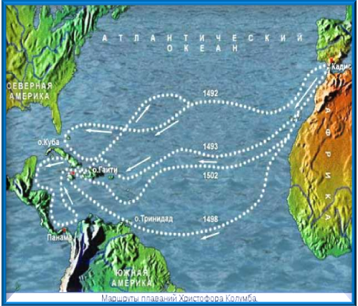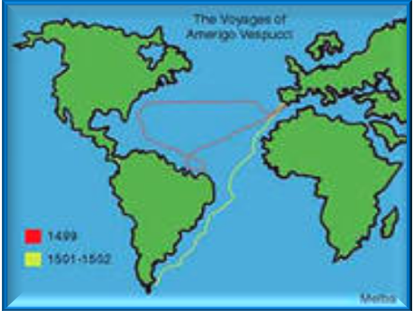Subject: English
Form: 9 A
Theme of lesson: Famous explorers - travelers
Type of the lesson: The lesson of the project.
The aims of the lesson:
Education:
• summarize the received knowledge about explorers.
Developing:
• broaden the horizons of the students, develop memory, attention.
• development of creative abilities.
Education:
• ability to work in a team (in groups).
Practical:
• development of all kinds of speech activity (listening, reading, speaking, writing).
Equipment:
• the portraits of the travelers;
• travel maps;
• the cards with the names of travelers;
Technology:
• communicative methodology;
• the method of projects;
• group method of training.
I. Organization moment.
- Good morning, pupils! How are you today?
Who is on duty today?
What date is it today?
What day is it today?
What season is it now?
What is the weather like today?
Who is absent today?
What was your home task?
Are you ready? Who is ready?
Let’s start our lesson. Open your copybooks and write down the date and theme. At this lesson we are going to repeat everything we have learnt about travelers, explorers and their discoveries, work with words, grammar, and do different activities that you have prepared in groups for us. The theme of our lesson “Around the world with famous travelers” – it’s your project.
II. The Main part of the lesson.
Why do people travel?
We all like to travel, but what are reasons we leave home? What is the most popular reason for travelling? Education, getting away from problems, curiosity, health problems, job, holiday making, broaden our mind.
But today we are going to talk about people whom do we call explorers. Can you name me Great or Famous Explorers or Travelers? Yes, Marco Polo, Thomas Cook, Amerigo Vespucci, Christopher Columbus, Chokan Valikhanov and others.
Before talking on travelers, let’s see if you know the information on the topic. Let’s try to guess the names of travelers. Yes, this is Chokan Valikhanov, the next one is Amerigo Vespucci and third is Christopher Columbus.
Look at the slides and remember all the information about these famous travelers.
2. Let’s divide the class into three groups: “Chokan”, “Amerigo”, “Christopher”.
3. The next pages will be devoted to Chokan Valikhanov, Amerigo Vespucci and Christopher Columbus. You’ve read so much about them. And now let’s remember their biographies.
The first task for every team is “Answer the questions”
1. What was Chokan’s full name?
2. Who gave him his nickname?
3. Where did he spend his childhood?
4. Why did Chokan begin to study languages?
5. What was he sent to China for?
II. 1. What city was Amerigo Vespucci a native of?
2. What voyages Amerigo Vespucci make?
3. Which three parts of the world were known up to that time?
4. Whom was America called after?
5. What country was the name America at first applied to?
1. Who discovered America?
2. Did Columbus intend to reach America or India?
3. How many caravels were there? Name them.
4. How did Columbus call first people in America?
5. Did he make other voyages in search of India?
The second task for every team is “Interesting words”.
Choose from the three words given below the word, which is best. Say the sentence using the correct word:
(On-at-in) 1858, Valikhanov made a trip to Kashgaria.
He made a very important work (at-of-by) studying the geography, history, culture and life of that country.
In July 1960, (after-on-by) the order (in-on-of) Russian Tsar Alexander, Chokan was sent (in-by-to) Petersburg.
(After-in-on) the spring of 1861 because (by-of-on) a serious disease, he returned to Omsk.
Educated Russian officers and scientists stimulated the boy’s interest (of-in-for) art and literature.
Amerigo Vespucci was first employed (to-in-by) Spain and later (to-in-by) Portugal to make explorations.
(On-from-out) returning to Europe he wrote a good description (on-of-off) what he had seen.
This was published (in-to-by) 1504, and constituted the first printed account (of-on-out) the mainland (of-on-out) the New World.
Amerigo proved the existence (in-at-of) the fourth part.
The name America was at first applied (from-to-on) Brazil.
Christopher Columbus discovered America (to-of-in) 1492.
In 1492 the King and Queen (of-on-by) Spain gave him money to go (to-out-from) India.
(After-to-by) sailing 4000 miles he reached some land.
Pilgrims wanted to start a new life and to have no religious problems they had (in-on-under) England.
Accompanied (to-on-by) his followers, Columbus made several other voyages (for-in-after) search (for-of-to) India.
The third task for every team is “Who? When? What? Which? Whom? ”.
Read the sentences aloud, filling the empty places with who, where, whom, which, what, that.
I. 1. It was Chokan’s grandmother … told the little boy beautiful Kazakh legends.
2. From early childhood Chokan was fond of Kazakh folk songs … he heard from people around him.
3. It was Valikhanov … the Tsar decided to send to China.
II. 1. Up to that time three parts … are called Europe, Asia and Africa were known in the world.
2. It was Amerigo Vespucci … proved the existence of the fourth part of the world. 3. The name America … was at first applied to Brazil, later to South America was given to the whole of the New World.
1. It was Columbus … was sure that our planet was round.
2. Amerigo Vespucci … America was called after was born in Italy.
3. Columbus, … has been at sea for a long time, called the first people he saw “Indians”.
The fourth task is “Magic Numbers”
Which of the following numbers or dates relate to the person you speak about? What do they refer to? Make a story.
1. 1835; 12; 1855; the 15th of July 1860; 1861;
2. 1454; 1499; 1504; 4th part; 1512;
3. 1492; 3; 4000 miles; 1620; 1506;
I think, our lesson is finished yet. But I want you to answer the question: Why did all these people, I mean, explorers, travel?
Conclusion: So, you are worked very well, thank you!
Home task: Make a story about Famous Travelers.
Marking.
